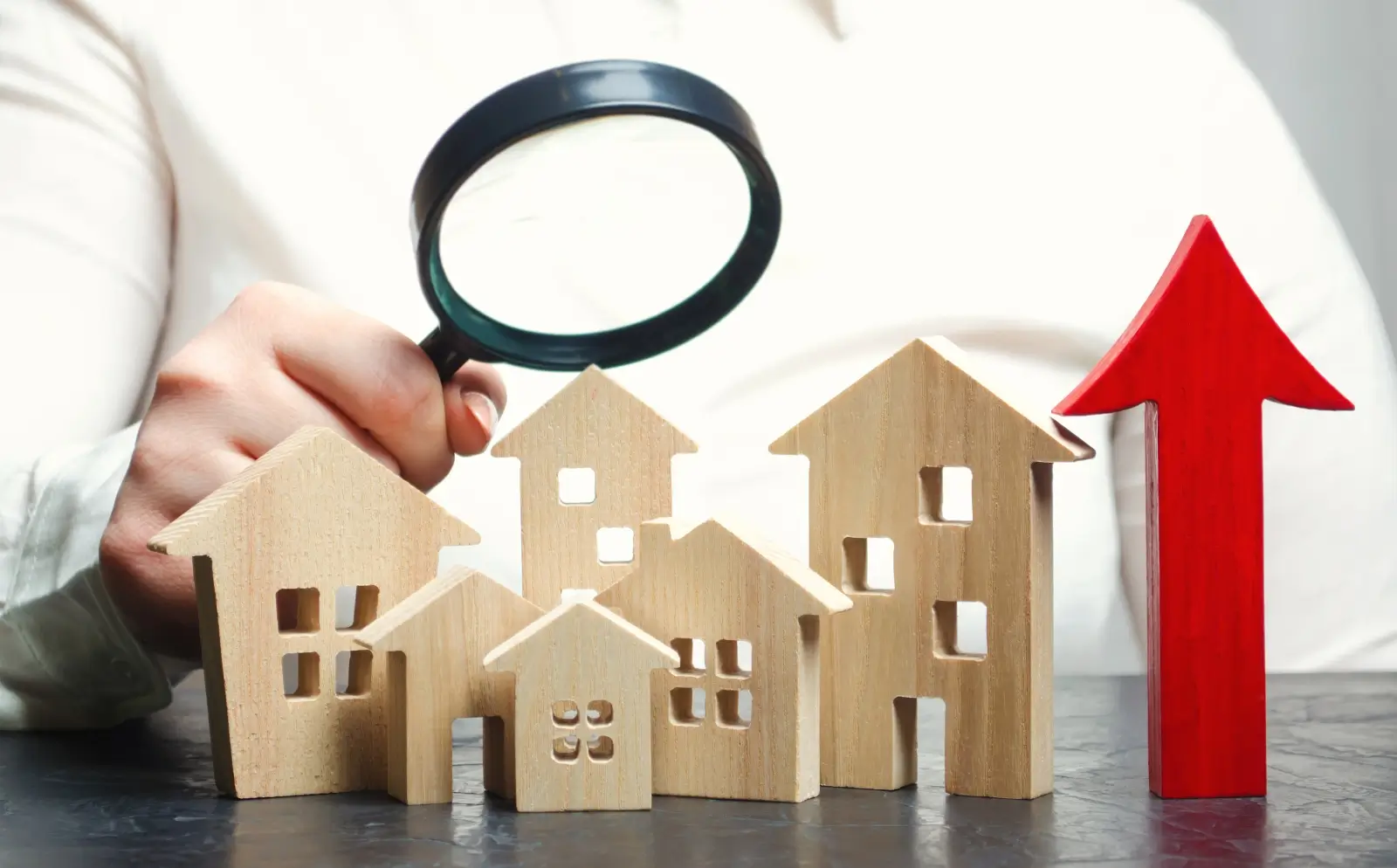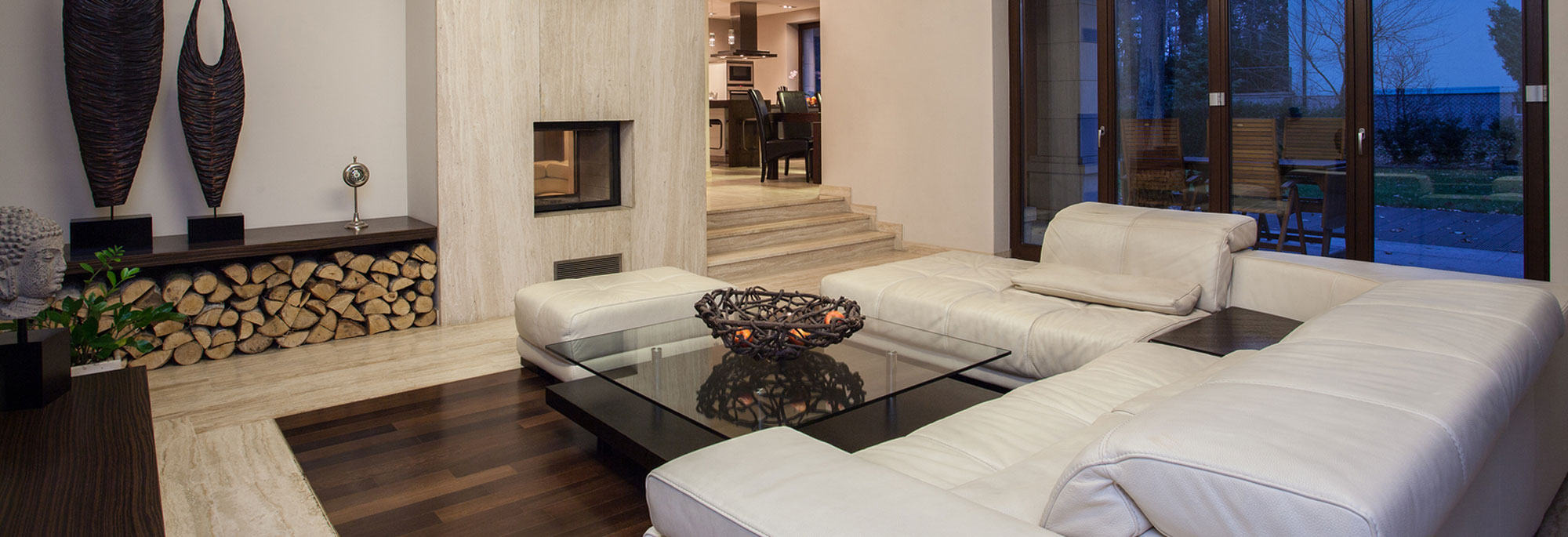
Utility bills are unavoidable, but that doesn’t mean that you can’t reduce the energy you and your tenants consume. First, you have to identify which ones are contributing to your bills and determine which can be adjusted to decrease energy usage.
Electrical System
Outdated Appliances
Keeping your appliances in good condition is not just so they work as intended, but also so they don’t consume more power just to function. Replace your appliances when they become too old and opt for energy-efficient models.
Phantom Load
Yes, appliances still consume energy even when they’re turned off, as long as they are plugged in. Think TVs, computers, chargers, and other devices. The Department of Energy reported that plugged appliances account for 5% to 10% of residential energy use, which can potentially cost $100 per year, per unit.
Time-of–Use (TOA) Plans
Some areas in Texas use TOA plans, where the price of energy usage changes based on the time of day. During peak hours, energy consumption is more expensive than off-peak hours. Create a schedule for certain appliances that don’t need to be used during peak hours. Charging wireless devices, for instance, is best done during nighttime hours.
HVAC System
Outdated HVAC System
Just like appliances, your HVAC system will consume more energy when it’s not in good condition. It will work harder just to maintain a room's temperature. Maintain your HVAC system every three months to ensure it remains in optimal condition and functions correctly.
Incorrect Thermostat Settings
Keeping the thermostat too high or too low will only increase energy usage, so you may need to check it frequently to prevent this. It’s recommended that you install a smart thermostat to regulate the unit's temperature, automatically adjusting the settings based on whether someone is home or not, or depending on the current weather conditions in the area.
Improper Insulation and Seal
Cold air can leak into the room when your unit is not sealed properly, which can occur through openings such as windows. The same applies to insulation, which is designed to maintain a room's temperature for longer and reduce energy usage for the HVAC system.
Plumbing System
Leaky Fixtures
The smallest leaks can waste thousands of gallons of water annually. It’s not just environmentally wasteful; these droplets can eventually accumulate and add to your bill. As soon as the issue arises with faucets, showerheads, toilets, or other fixtures, fix them immediately.
Cracked Pipes
Fixtures are only where the water comes out. You also need to consider where it flows through. Meters and meters of pipes ensure that your rental property has a constant supply of running water, and even a small crack can lead to leakage and wasted water. Worse, these can become more costly quickly when they burst. That’s why it’s important to have a quarterly inspection of your plumbing to make sure it’s intact.
Why is This Important?
Monitoring your energy consumption and utility bills will help you make adjustments that make your rental property more profitable, while also boosting tenant satisfaction. Whether it’s you or your tenants who pay the utility bills, reducing your usage is beneficial for all parties involved.
Let Us Help You Out
Many of these tips focus on maintenance and repairs, which are crucial aspects of property management. We understand that it can get overwhelming, especially since many of these issues are not easy to resolve. Let Area Texas Realty & Management handle these for you.
With vigilant property management, we will ensure that all maintenance issues are addressed promptly and that routine inspections are conducted as needed.
Contact us now, and be a stress-free landlord in no time!













